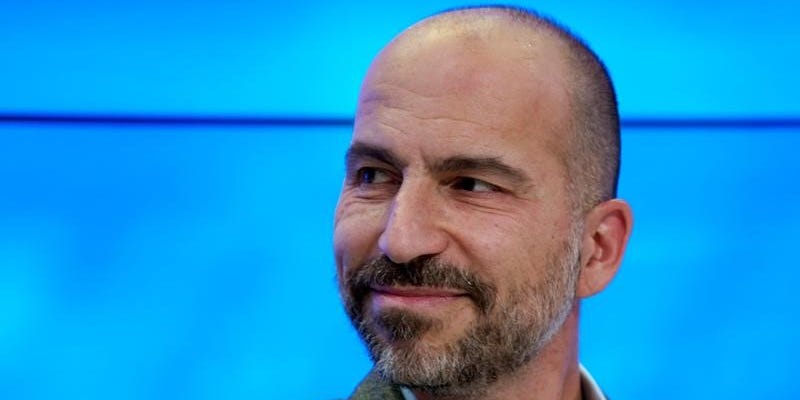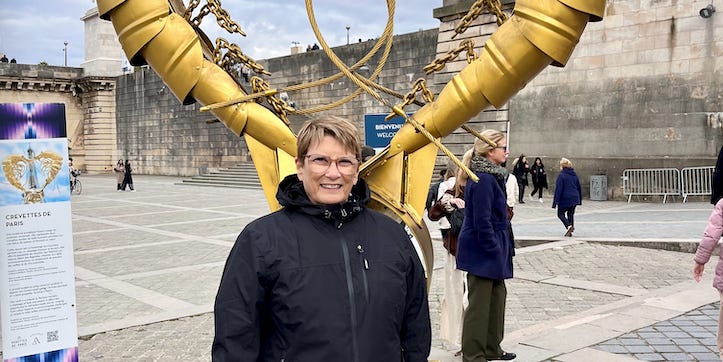U
ber’s chief executive Dara Khosrowshahi recently suggested that the real‑estate sector offers a useful model for owning and financing autonomous vehicle fleets. At the All‑In podcast summit he explained that future driverless cars on Uber’s network would likely be owned by financial investors who would finance the vehicles, mirroring how hotel chains such as Hilton and Marriott are owned by real‑estate investment trusts (REITs) rather than the brands themselves. These REITs manage maintenance, taxes, and other costs while earning rental income, a structure Khosrowshahi believes could be adapted to a fleet of driverless cars.
Today, Uber’s profitability comes from its gig‑based model: independent drivers use their own vehicles and receive payment per ride, bearing their own operating expenses. Khosrowshahi noted that while human drivers will remain for the foreseeable future, the shift to autonomous vehicles could render many of them redundant, raising significant societal concerns.
The challenge for Uber is to devise a business structure that preserves the advantages of self‑driving technology—such as reduced labor costs and increased efficiency—while limiting the company’s direct ownership of vehicles. By adopting a REIT‑like framework, Uber could outsource fleet ownership to financial entities that handle upkeep and financing, thereby keeping capital expenditures low.
In short, Khosrowshahi sees the real‑estate industry’s approach to asset ownership as a viable blueprint for the emerging autonomous vehicle market, potentially reshaping how companies like Uber manage large fleets without becoming vehicle owners themselves.













